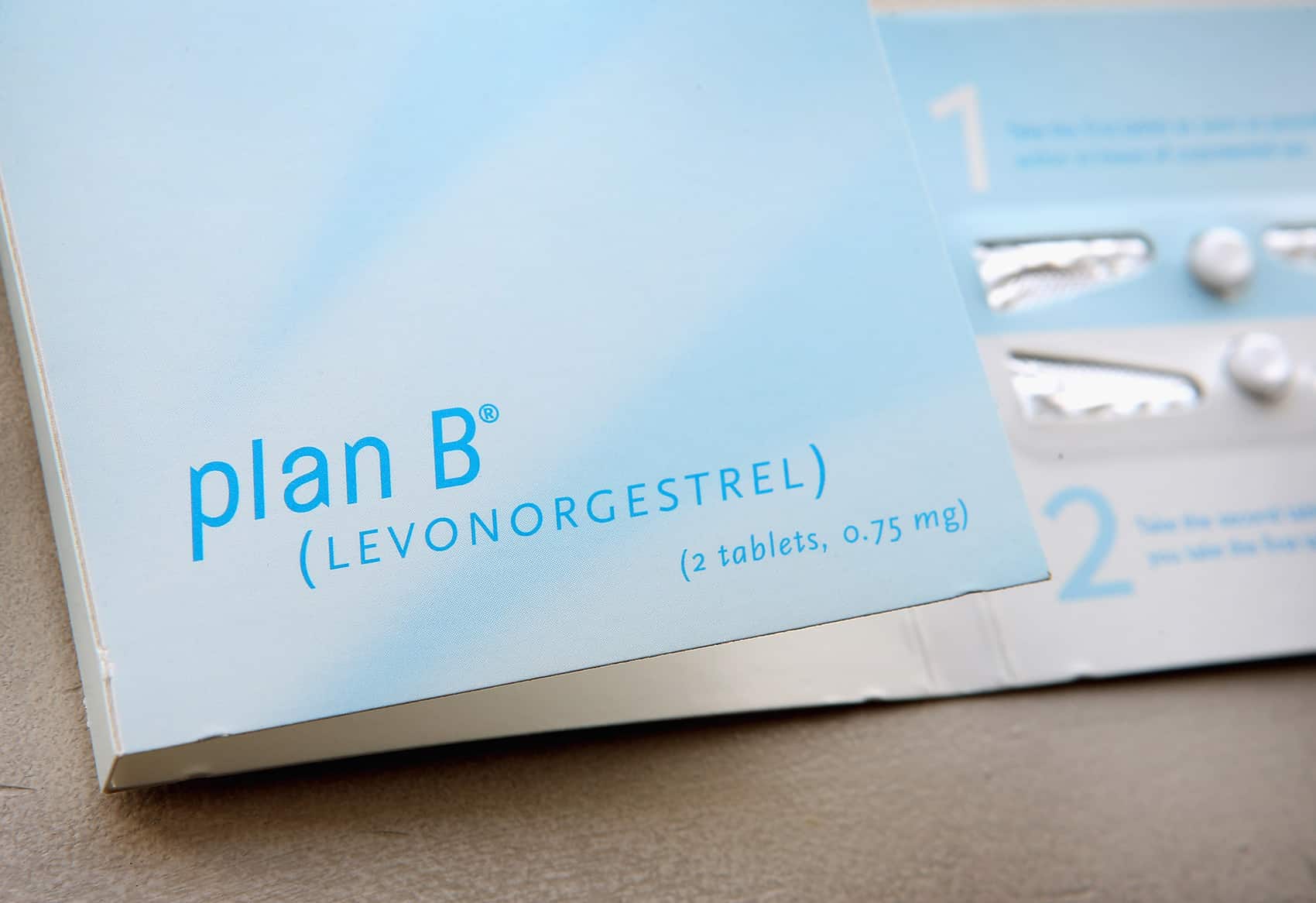Lawmakers of the Legislative Assembly’s Human Rights Commission last week approved the drafting of a bill that would allow the use of the emergency contraception method known as the morning-after pill, but only with a doctor’s prescription.
Bill No. 16,887 would add a new “Sexual and Reproductive Rights” chapter to the country’s General Health Law if passed in a full legislature. It was first submitted in 2009 by Ana Helena Chacón, who at the time was a lawmaker for the Social Christian Unity Party and currently is vice president under the Citizen Action Party administration of President Luis Guillermo Solís.
Among the bill’s main provisions is mandatory access to medical treatment to prevent pregnancy for women who are victims of rape. It also would ensure treatment for sexually transmitted diseases for both men and women who are victims of sexual abuse.
Under its current drafting the morning-after pill will be provided for free at Social Security System health care facilities for public health insurance holders, Ronal Vargas, president of the legislative Human Rights Commission, told The Tico Times.
“It also will be available at drugstores, but not for free, and only by prescription,” he said. The emergency contraception pill only will be provided to women according to medical criteria and according to regulations for the implementation of the law, which we will draft once the bill goes up for debate and for a vote in the full Assembly,” Vargas said.
Another major feature of the bill is a provision stating that all women would have the right to opt for the therapeutic termination of pregnancy (therapeutic abortion) if a woman’s health or life is threatened.
The drafting of the proposed legislation was approved by National Liberation Party lawmakers Rolando González and Sandra Piszk, the Citizen Action Party’s Epsy Campbell and the Broad Front Party’s Patricia Mora and Ronal Vargas. Óscar López, of the Accessibility Without Exclusion Party, was absent from the session.
Other provisions would guarantee sexual and reproductive rights for disabled people, and the right for pregnant women and seniors to access reproductive health information and medical care.
The bill now will move forward for discussion in the full Assembly, where lawmakers can file motions for its modification before a first-round vote. In order to become a law, it must be approved in two separate rounds of voting. The bill last week entered the legislative agenda in 37th place.
Its approval in commission sparked a heated debate in a full Assembly session last Wednesday, with several lawmakers announcing their opposition. One vocal opponent is Óscar López, who said he would file a series of motions to make sure “the bill will not harm the morals of the Costa Rican people.”
Costa Rican Renovation Party’s Abelino Esquivel also expressed disapproval, saying the bill “has loopholes that will legalize abortion.”
The Broad Front Party’s Patricia Mora highlighted that the morning-after pill is not a method of abortion, a common misconception promoted by its opponents in Costa Rica.
Fabricio Alvarado and other evangelical lawmakers responded by accusing Human Rights Commission President Ronal Vargas of breaking a promise to discuss modifications during the bill’s drafting. They accused Vargas of telling them last Tuesday that the Wednesday session of the Human Rights Commission would not take place.
Epsy Campbell responded to Alvarado’s statements by emphasizing – again – that none of the bill’s articles would call for the broad legalization of abortion. Alvarado fired back that his party would “file up to 5,000 motions against the bill, just like PAC lawmakers who filibustered voting on the U.S. Central America Free Trade Agreement years ago.”
The morning-after pill is approved for use by the World Health Organization. Because it is not allowed or available in Costa Rica, people often resort to improvised – and sometimes dangerous – alternatives.






